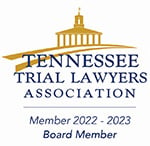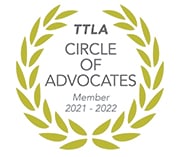The General Duty Clause, found in the Occupational Safety and Health Act (OSH Act) of 1970, requires employers to provide a workplace that is free from recognized hazards. These hazards are likely to cause death or serious physical harm to employees.
This clause serves as a catch-all provision to address workplace hazards not covered by specific OSHA standards. Employees should understand the basic tenets of the General Duty Clause and what it entails.
Elements of the General Duty Clause
To establish a violation of the General Duty Clause, several key elements must exist:
- Recognition of the Hazard: The hazard must be recognized, meaning that the employer knows about it or it is recognizable through industry standards, best practices or common knowledge.
- Seriousness of the Hazard: The hazard must be likely to cause death or serious physical harm to employees. This encompasses a wide range of hazards, from falls and electrical hazards to chemical exposures and ergonomic risks.
- Feasibility of Abatement: Employers must be able to control the hazard using effective measures. Employers are also expected to take reasonable steps to mitigate hazards and protect their employees from harm.
This clause plays a role in ensuring that employers address workplace hazards promptly and effectively, even in situations where specific OSHA standards may not exist. It serves as a proactive tool for promoting workplace safety and preventing accidents and injuries.
Enforcement of the General Duty Clause
OSHA inspectors may cite employers for violations of the General Duty Clause if they find evidence of recognized hazards that are causing or likely to cause death or serious physical harm to employees. Employers are responsible for identifying and addressing potential hazards in their workplaces, even in the absence of specific OSHA standards.
By upholding the principles of the General Duty Clause, employers can create safer work environments for their employees and reduce the risk of workplace accidents and injuries. When employers ignore basic workplace safety provisions, employees may sustain serious or life-threatening injuries that threaten their ability to work or live a normal daily life.














